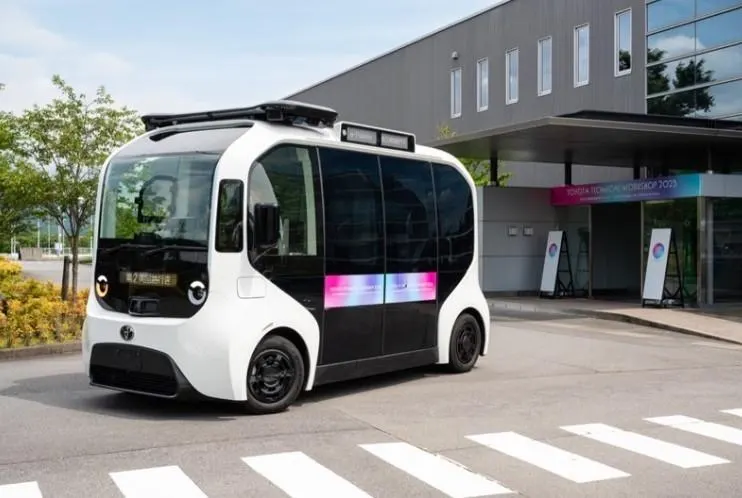By Matthew Tostevin
Copyright newsweek

Chinese AI developer iFLYTEK would have been happy to use American Nvidia chips to train a large language model that rivals ChatGPT, but says it’s now doing just fine without them.
Work on alternatives started when iFLYTEK was blacklisted by the U.S. Commerce Department in 2019 during President Donald Trump’s first presidency and before broader restrictions on the export of the most advanced AI chips to China imposed three years ago, amid fears for U.S. national security over technological advances by America’s biggest strategic rival.
“We overcame that difficulty,” iFLYTEK’s Chen Cheng told Newsweek and other foreign reporters on a Chinese Foreign Ministry-organized visit to Hefei, in the eastern province of Anhui, and other businesses in the Yangtze River Delta industrial hub.
The way that Chinese companies have developed their own advanced chipmaking industry and domestic alternatives to Nvidia’s AI chips underlines the challenge facing U.S. attempts to contain China’s business and technological advances in the race for world-beating artificial intelligence as well as in everything from electric vehicles and batteries to solar power generation and drones—with inevitable implications for the strategic balance as well as for global business competition between the United States and China.
A demonstration of AI capabilities held at Chinese company Tencent’s office in Shanghai on September 23, 2025.
“There are lots of areas where you could say that the containment policy has actually just given China a new lease of life to prove that it can continue to aspire to all the things it aspires to, but not relying on foreign imports and foreign technology,” said George Magnus, research associate at Oxford University’s China Centre.
“It may be that it satisfies American conscience to say: ‘Well, we’re not selling them our best stuff, our best kit.’ But I don’t think it necessarily means that the Chinese can’t compete,” he told Newsweek.
Rapid Change
Four days spent criss-crossing the Yangtze River Delta by high-speed railway to visit Chinese businesses gave an indication of the pace of change in the region that is one of the hubs of Chinese technology development. The provinces of the delta alone have an economy larger than Germany’s—the world’s third largest—and some 240 million people, more than two-thirds of the U.S. population.
The White House did not immediately respond to a request for comment on the effectiveness of its measures to curb technology exports in addition to tariffs imposed under Trump that have made trade unpredictable for businesses.
Commerce Department sanctions on iFLYTEK came into force in 2019 over its alleged role in the oppression of Muslims in China’s far-western Xinjiang region using high-technology surveillance. China rejects the U.S. accusations.
Chinese company iFLYTEK demonstrates an AI-powered machine for marking school test papers in Hefei, in China’s Anhui province, on September 24, 2025.
Now iFLYTEK shows off its Spark large language model as an alternative to ChatGPT or China’s own DeepSeek, which was developed in Hangzhou in neighboring Zhejiang province. Spark comfortably answers questions and generates striking graphical presentations—at least on subjects deemed acceptable by Chinese authorities. Spark is showcased for visitors alongside an automatic test-grading machine of written papers to save time for teachers, and two-way screens that allow for real-time automatic translation. All are already in production and use around China.
Chen, iFLYTEK’s general manager of AI translation software, said the firm had cooperated with Chinese companies such as Huawei on chip development.
“Huawei’s chip is now the best in China, and it’s us that makes their chip workable for large language models,” she said. “It takes us…more than quite a few months to make that work.” Huawei did not respond to a request for comment.
Even after exports on some Nvidia chips were eased by Washington, it’s now China that’s now restricting them—because it has its homegrown alternatives. Nvidia CEO Jensen Huang was quoted by media this week saying China is just “nanoseconds” behind the United States on chips and that export curbs should be lifted.



